The Bali Coalition for Net Zero Emissions and Udayana University FISIP Encourage Environmental Commitment of Denpasar Leader Candidates Through Public Tests for the 2024 Mayoral Election
Denpasar, 14 November 2024 – Ahead of the Regional Head Election which will be held on 27 November, the Bali Coalition of Net Zero Emissions together with the Faculty of Social and Political Sciences (FISIP) Udayana University and BaleBengong are holding a Public Test for the 2024 Denpasar Mayor Election with the theme "Democracy and Participation: Opening Space for Dialogue Between Stakeholders and the Community" on Thursday (14/11/2024). This event aims to provide political education to novice voters as well as momentum to disseminate the importance of issues in Denpasar City.
Different from Public Tests in general, this Public Test carries a concept without panelists and is dominated by academics. This session opens up space for the public to observe, criticize and understand the vision and mission of mayoral candidates through live streaming which can be widely accessed. Even though they are not physically present, the public can still convey their aspirations and questions via the link distributed by the organizers.
The Bali Provincial Government has announced a commitment to achieve the net zero emissions target by 2045, fifteen years earlier than the national government's target. The political process and contestation in this year's Bali regional elections, both at the provincial and city levels, is an opportunity for the community, including students and civil society organizations, to see, assess and monitor whether the new leaders who will be elected are committed to the issue of climate change and supports Bali's target of net zero emissions by 2045.
Candidate Candidates for Mayor and Deputy Mayor of Denpasar number 1, Gede Ngurah Ambara Putra and I Nengah Yasa Adi Susanto (Ambara-Adi) expressed their vision of wanting to boost the implementation of smart cities to overcome various problems in Denpasar City. Starting from rubbish problems, traffic jams, floods, population, education and other problems. "We want to build a safe, cultural, dialogical and innovative Denpasar City," he added.
Meanwhile, Candidate Candidate for Mayor and Deputy Mayor of Denpasar number 2, I Gusti Ngurah Jaya Negara-I Kadek Agus Arya Wibawa (Jaya-Wibawa) admitted that he was still committed to continuing his previous vision, namely making Denpasar a culture-based creative city towards a developed Denpasar. . "Apart from the strengths of custom, art and culture, building Denpasar is also accompanied by driving a creative economy based on digitalization, so that it is able to compete in the 4.0 era and towards the 5.0 era," he stressed.
Gusti Ngurah Alit Susanta Wirya, Deputy Chancellor for Student Affairs at Udayana University, said that the participation of students and universities in the public examination of regional head candidates in Bali is a real manifestation of the Tri Dharma of Higher Education, especially regarding community service in terms of participating in the democratic process.
"Universities as higher education institutions act as facilitators in this process, by equipping students with relevant knowledge and skills, as well as becoming a forum for interaction between academics, potential leaders and the community," said Gusti Ngurah Alit Susanta Wirya.
I Nengah Punia, Dean of FISIP, Udayana University, said, this Public Test provides space for academics and the public to find out more about the vision and mission of candidate candidates and future program plans.
"We believe that the integration of climate and environmental issues in the Public Test of Candidates for Mayor and Deputy Mayor of Denpasar will provide an opportunity for the public to assess the commitment of both pairs of candidates to environmental and urban planning issues, which will be carried out independently according to region and in the form of harmonization and synchronization in throughout Bali," said I Nengah Punia.
Chairman of the Bali Coalition Secretariat for Net Zero Emissions, Sofwan Hakim, said that Bali's ambitious target of realizing net zero emissions by 2045 requires support and active participation from all levels of society. The government, both at the provincial and city levels, has a central role as a policy maker, in designing and implementing sustainable environmental programs.
"The success of efforts to achieve Bali's target of net zero emissions by 2045 also relies heavily on the active involvement of stakeholders, from the private sector, academics, to civil society. Therefore, it is important for the community, especially Denpasar residents, to understand in depth the environmental and urban planning program ideas that have been and will be launched. "In this way, the community can provide constructive input, participation and support to realize the vision of Bali as a sustainable region," said Sofwan Hakim.
Commitment to efforts to achieve the Bali target of Net Zero Emissions will be the main trigger in implementing sustainable policies and initiatives, which include reducing emissions from vital sectors, such as transportation, implementing renewable energy, and waste management. In this way, Bali seeks not only to protect the environment, but also to support the sustainability of the ecosystem and improve the quality of life of the community.
Sofwan emphasized that the community needs to continue to monitor the commitment and implementation of the programs and commitments of the elected Mayor and Deputy Mayor of Denpasar, especially in the field of environment and community welfare, from now until at least the next five years, in an effort to reduce carbon emissions and create a better Denpasar environment. clean and healthy.
About the Bali Coalition for Net Zero Emissions
The Bali Coalition for Net Zero Emissions is an initiative between the CAST Foundation, WRI Indonesia, the Institute for Essential Services Reform (IESR) and New Energy Nexus Indonesia to develop policies and actions towards net zero emissions, guided by local values of harmonious and harmonious Balinese life. sustainable. The Bali Coalition for Net Zero Emissions aims to encourage Bali to become a leading province in achieving net zero emissions, as well as contributing to the foundation of a net zero emissions policy at the national level.
About the Faculty of Social and Political Sciences, Udayana University
The Faculty of Social and Political Sciences (FISIP) is one of the faculties at Udayana University which was founded on June 28 2009. Prof. Dr. Dr. I Made Bakta, Sp.PD (KHOM) was the initial initiator and founder of FISIP at Udayana University. This faculty focuses on developing social and political sciences by offering various study programs such as Political Science, International Relations, Sociology, Public Administration, Communication Science, and D3 Libraries which are designed to produce graduates who are competent, critical, and innovative in related fields.
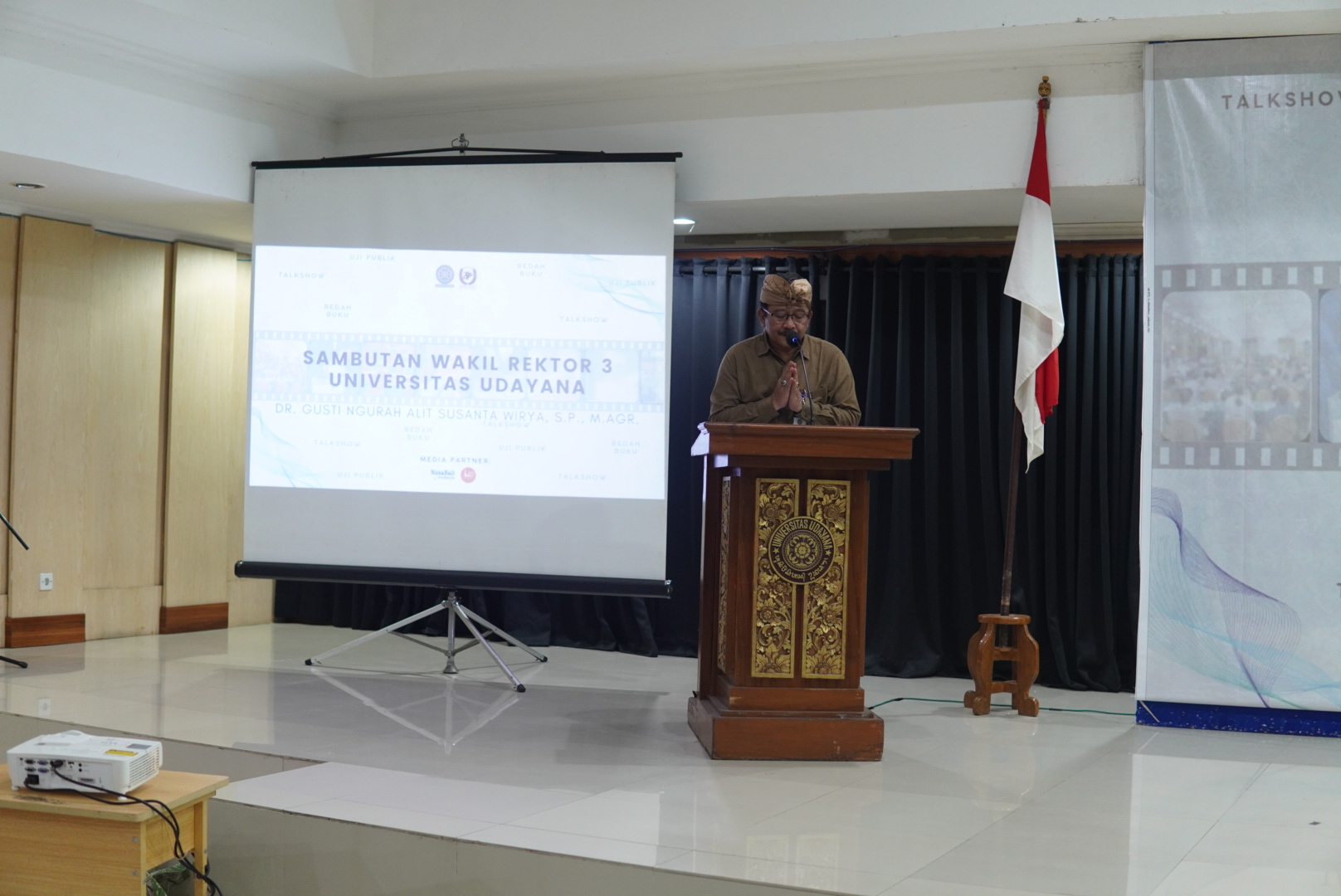
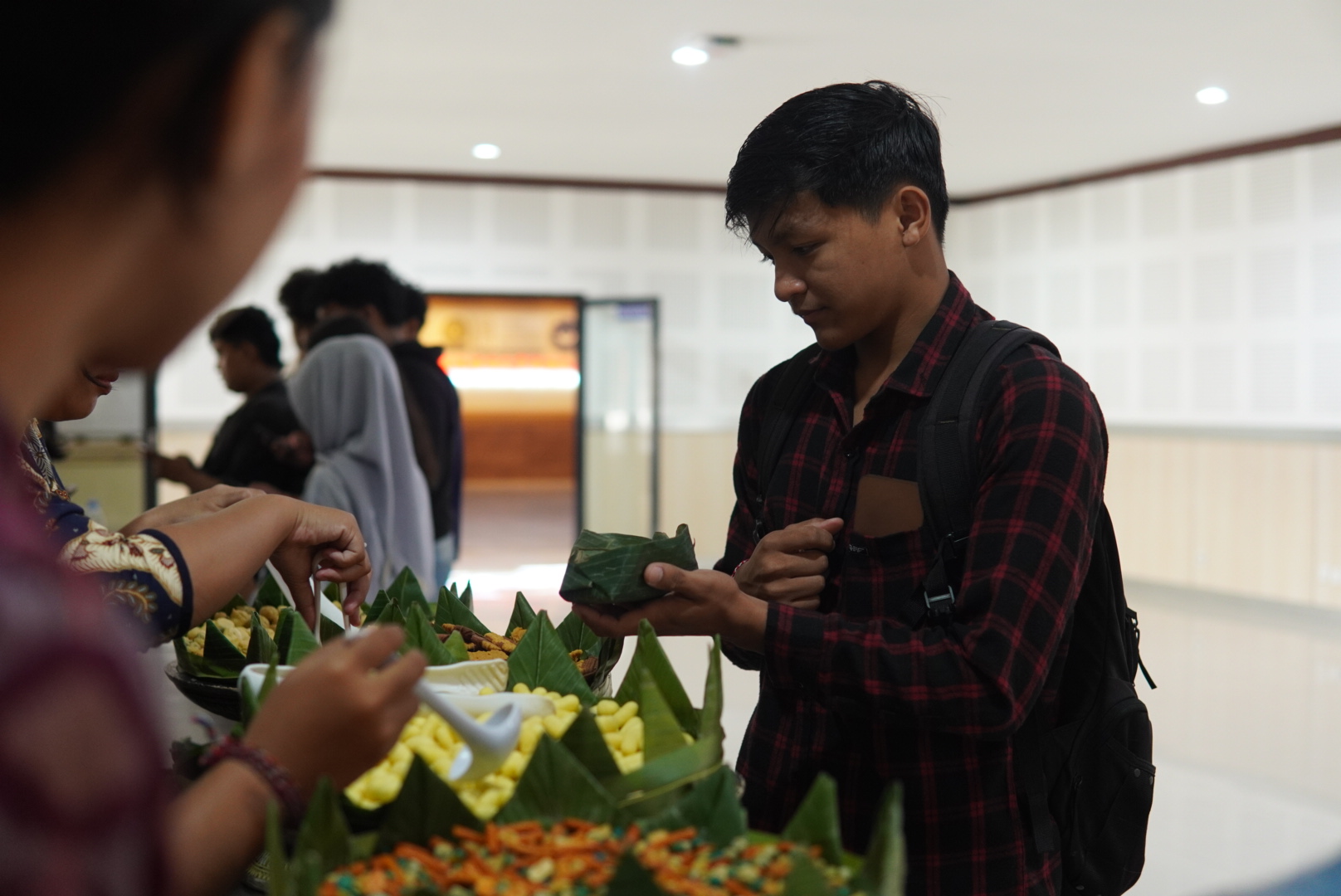
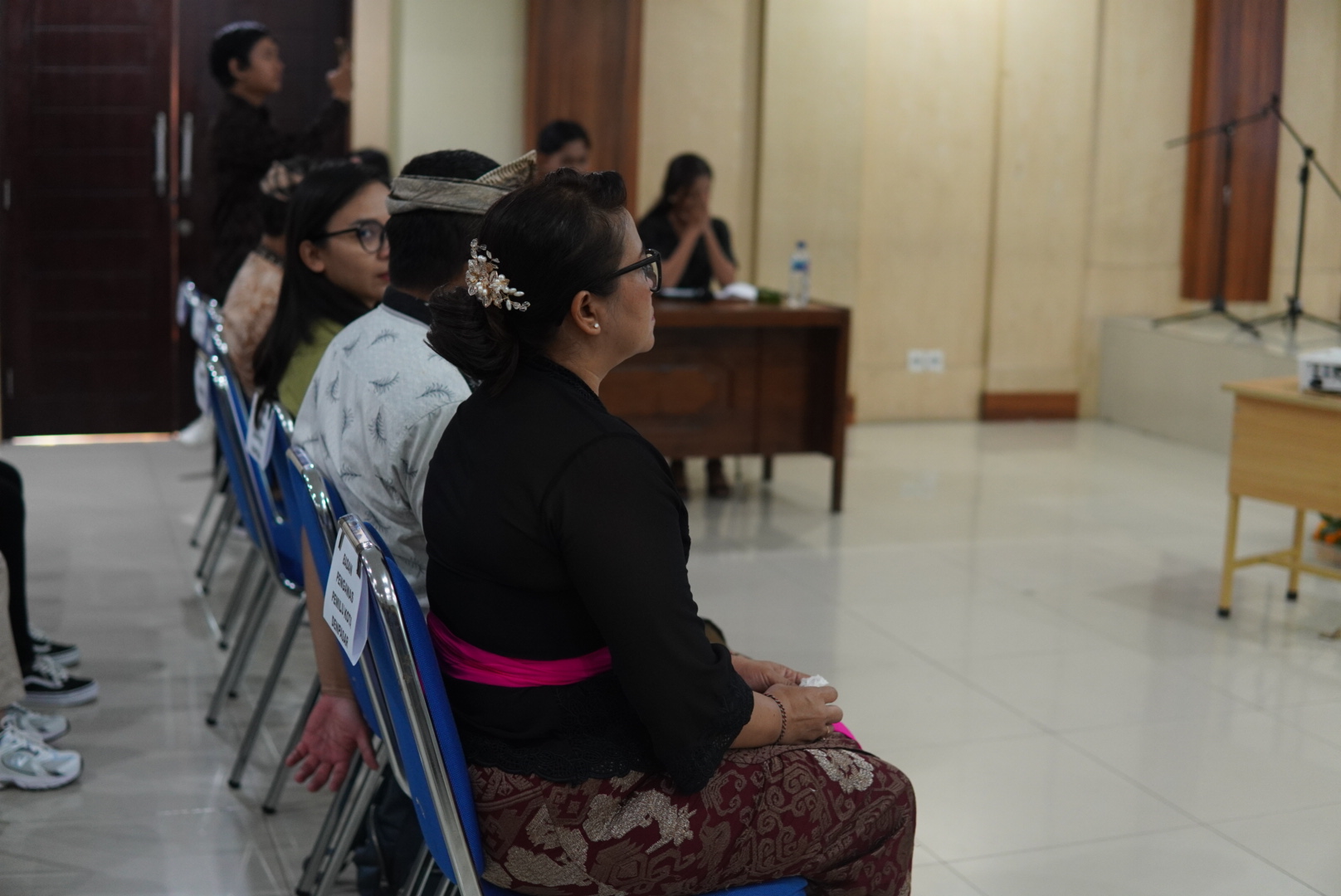
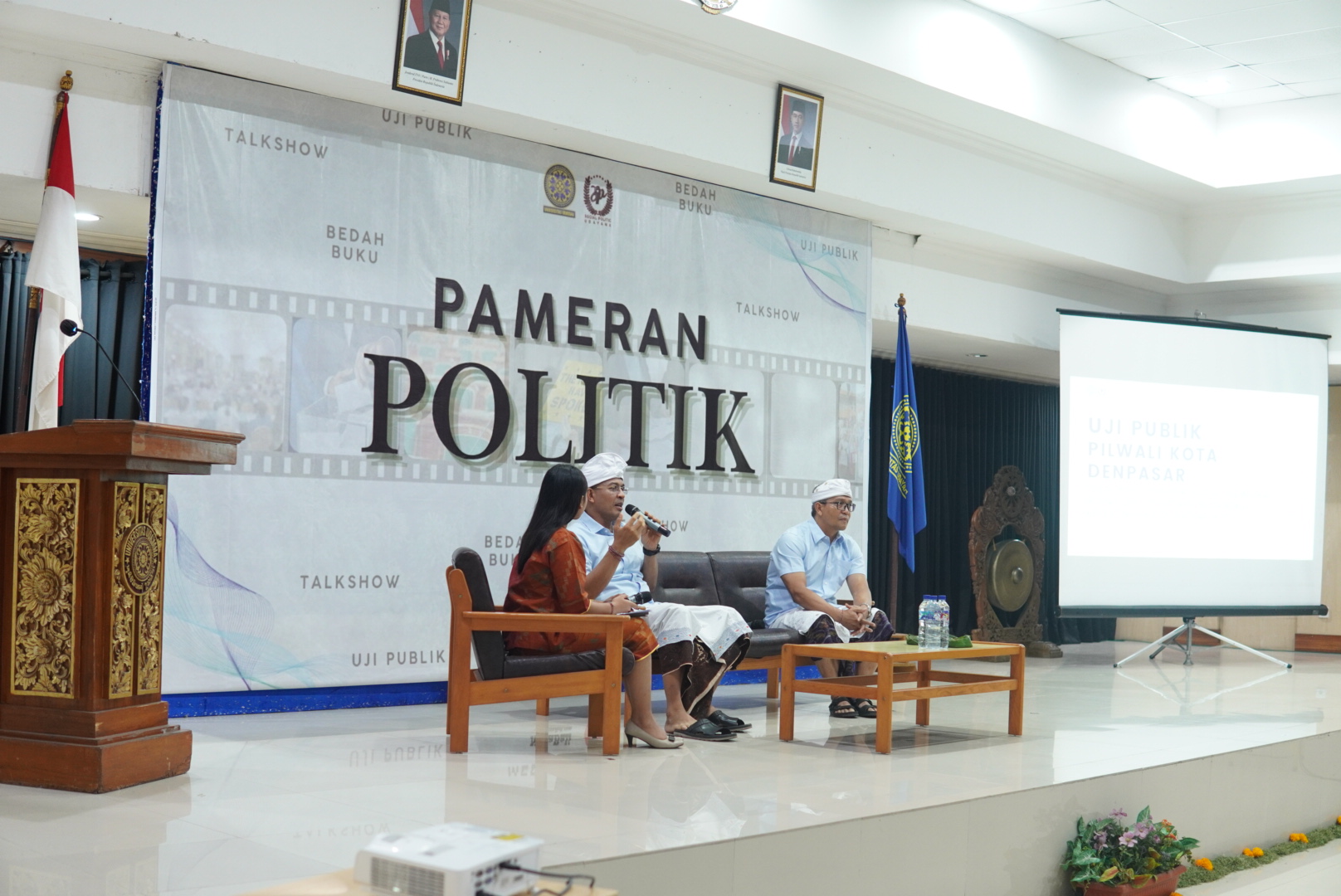
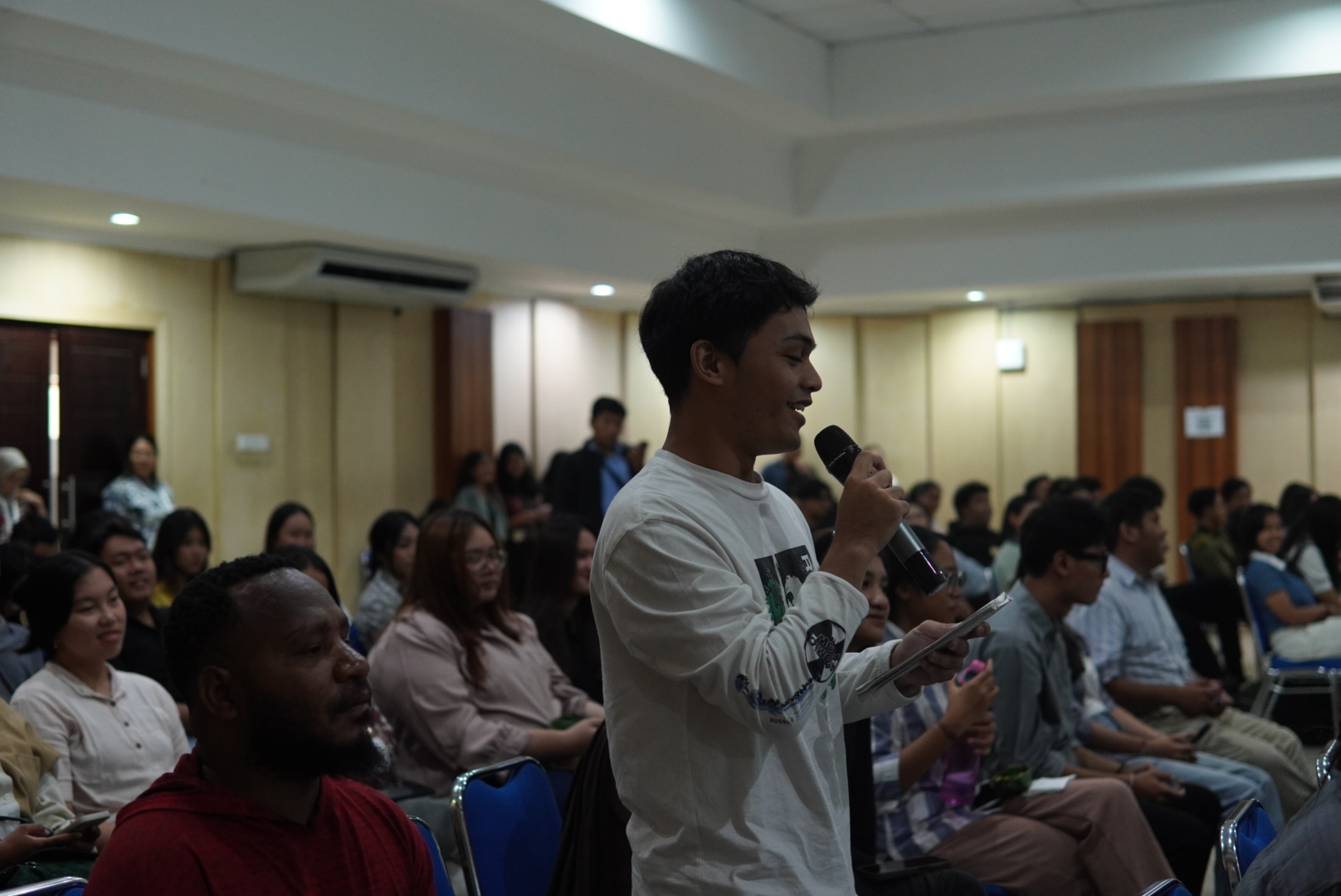
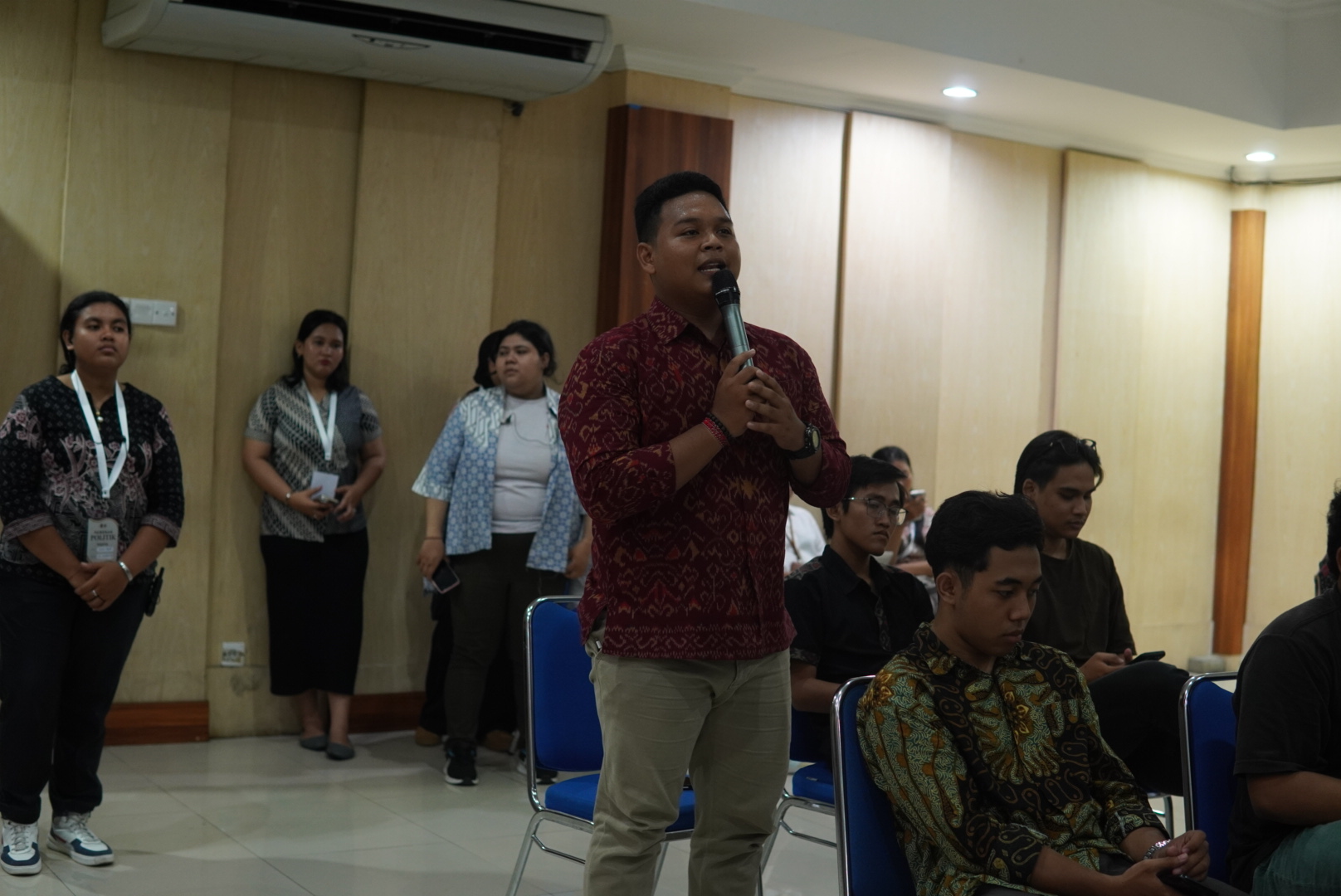
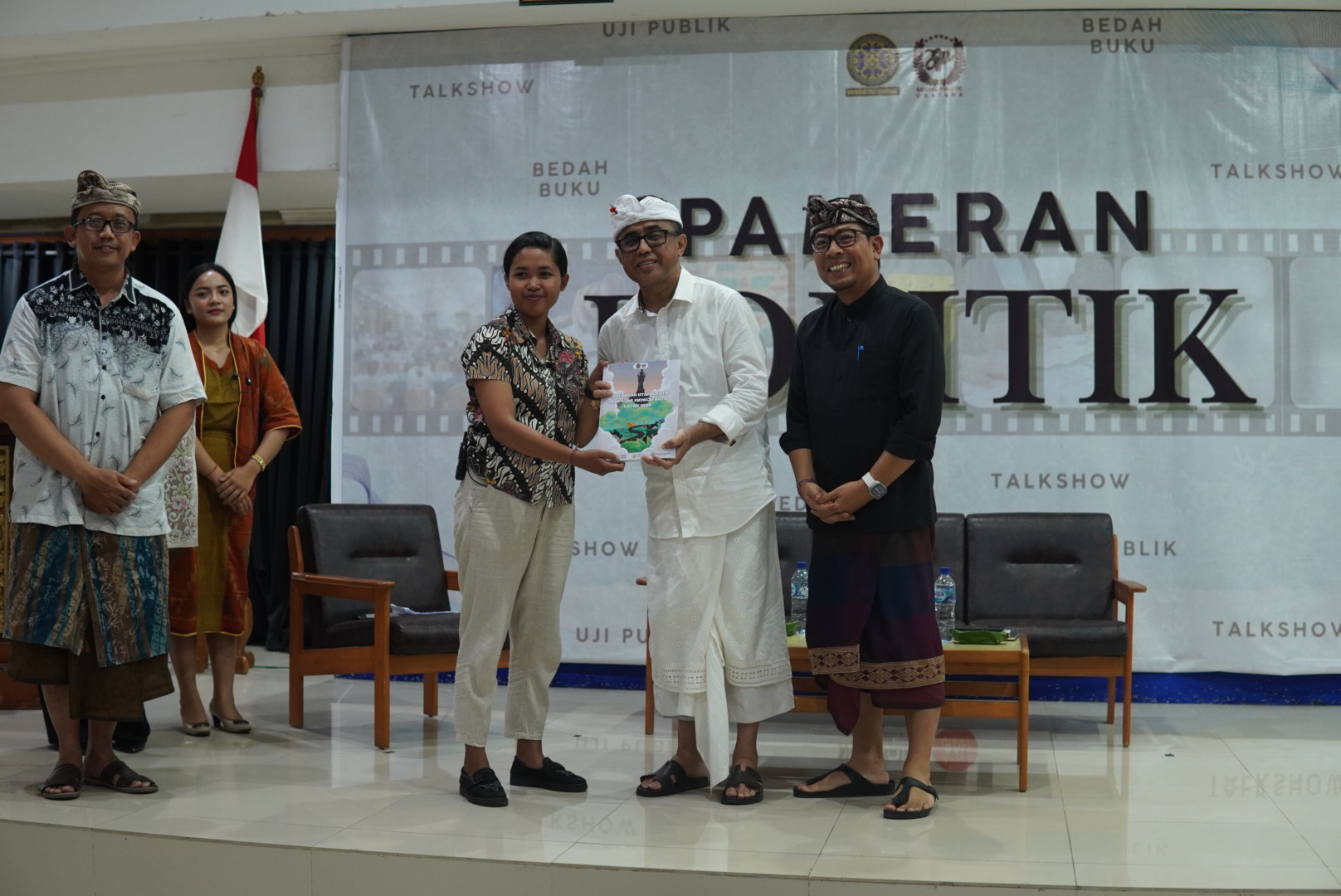
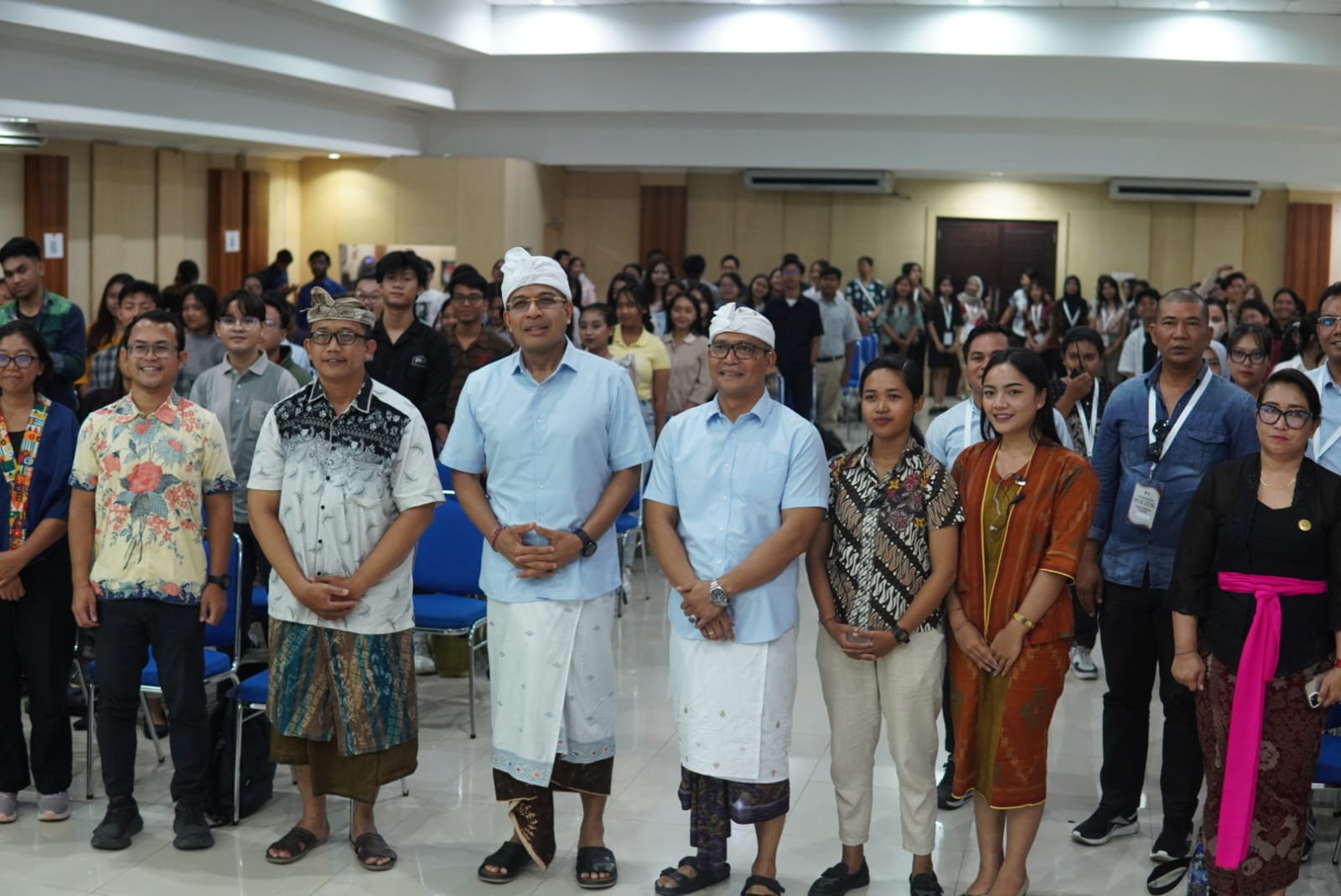
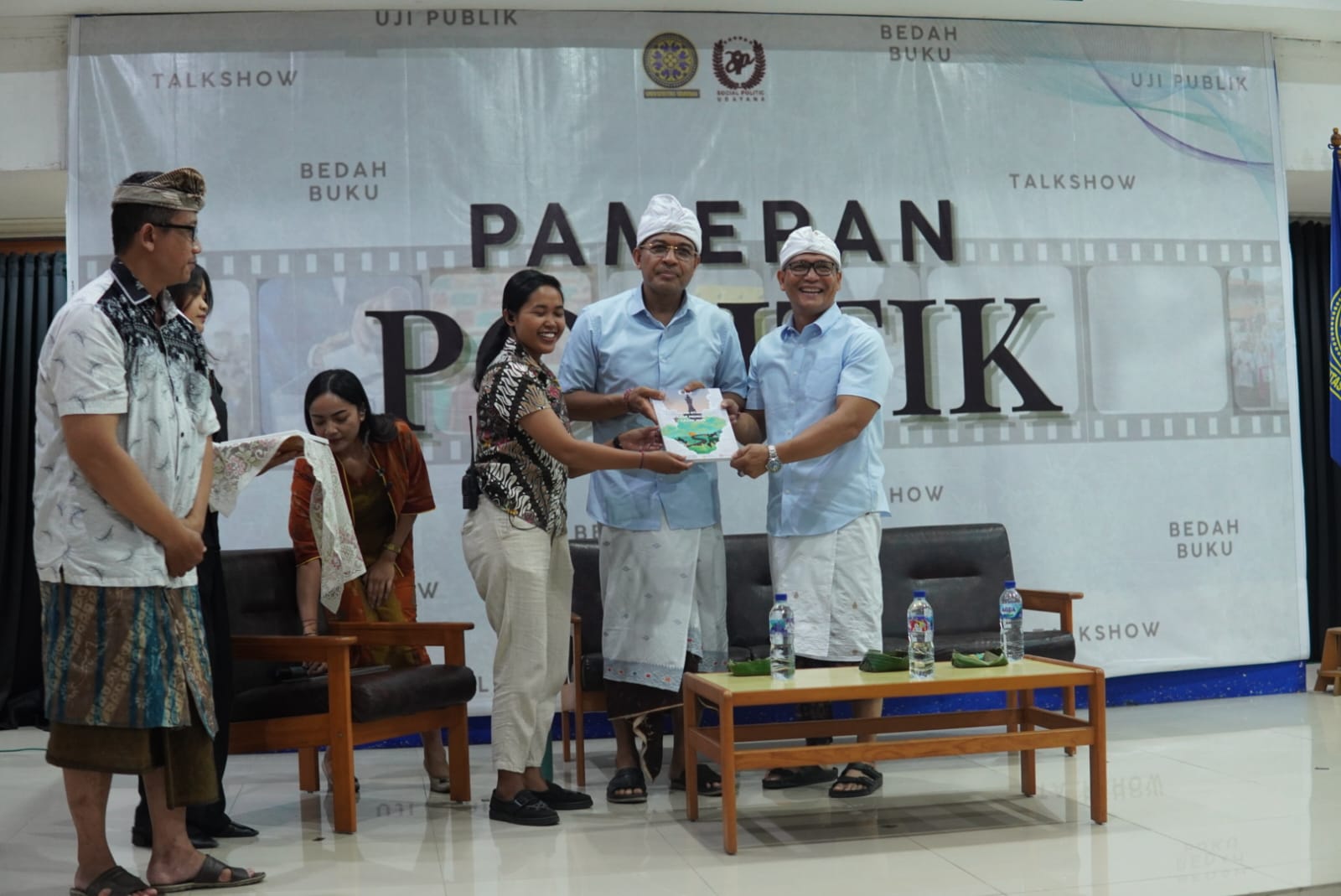
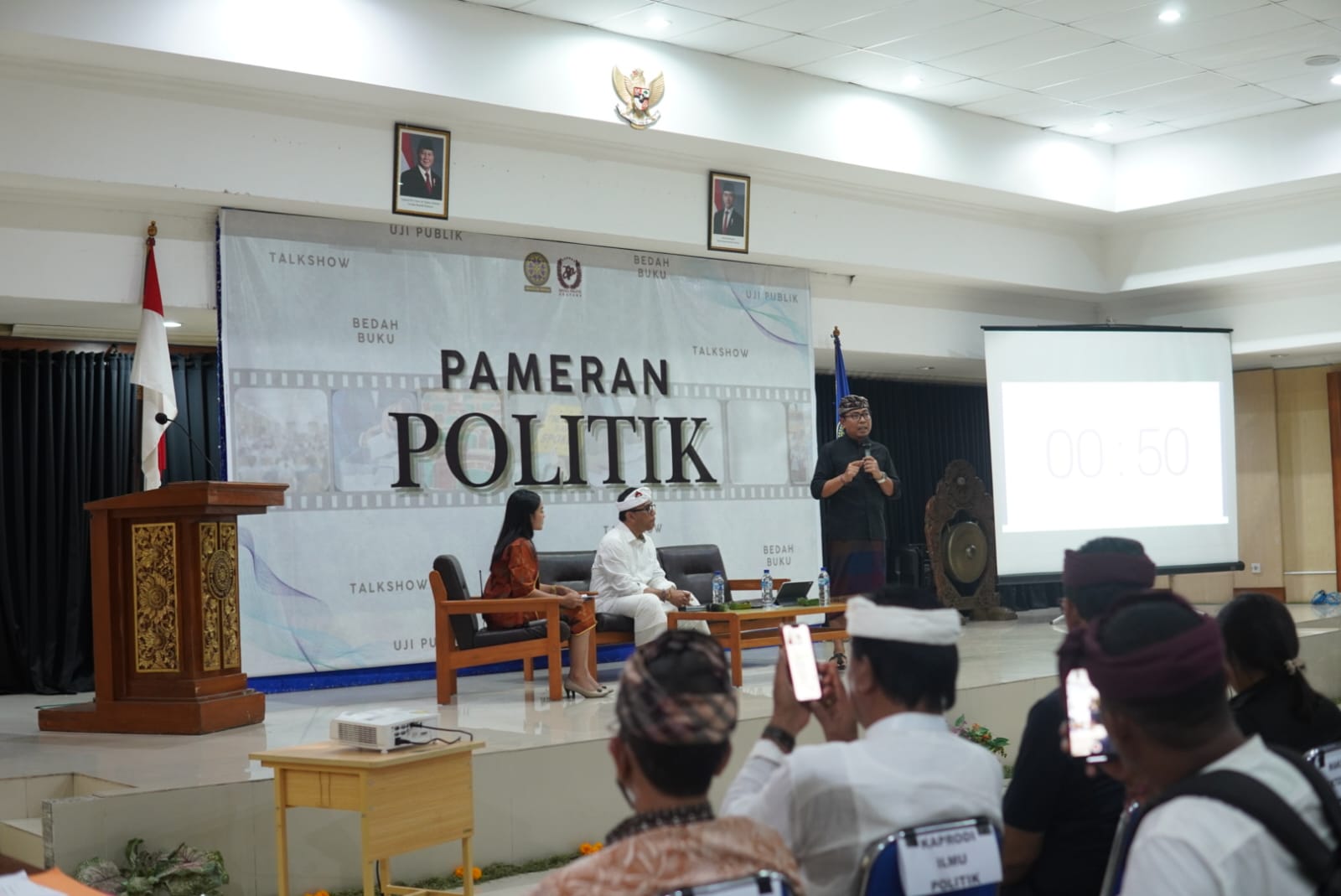
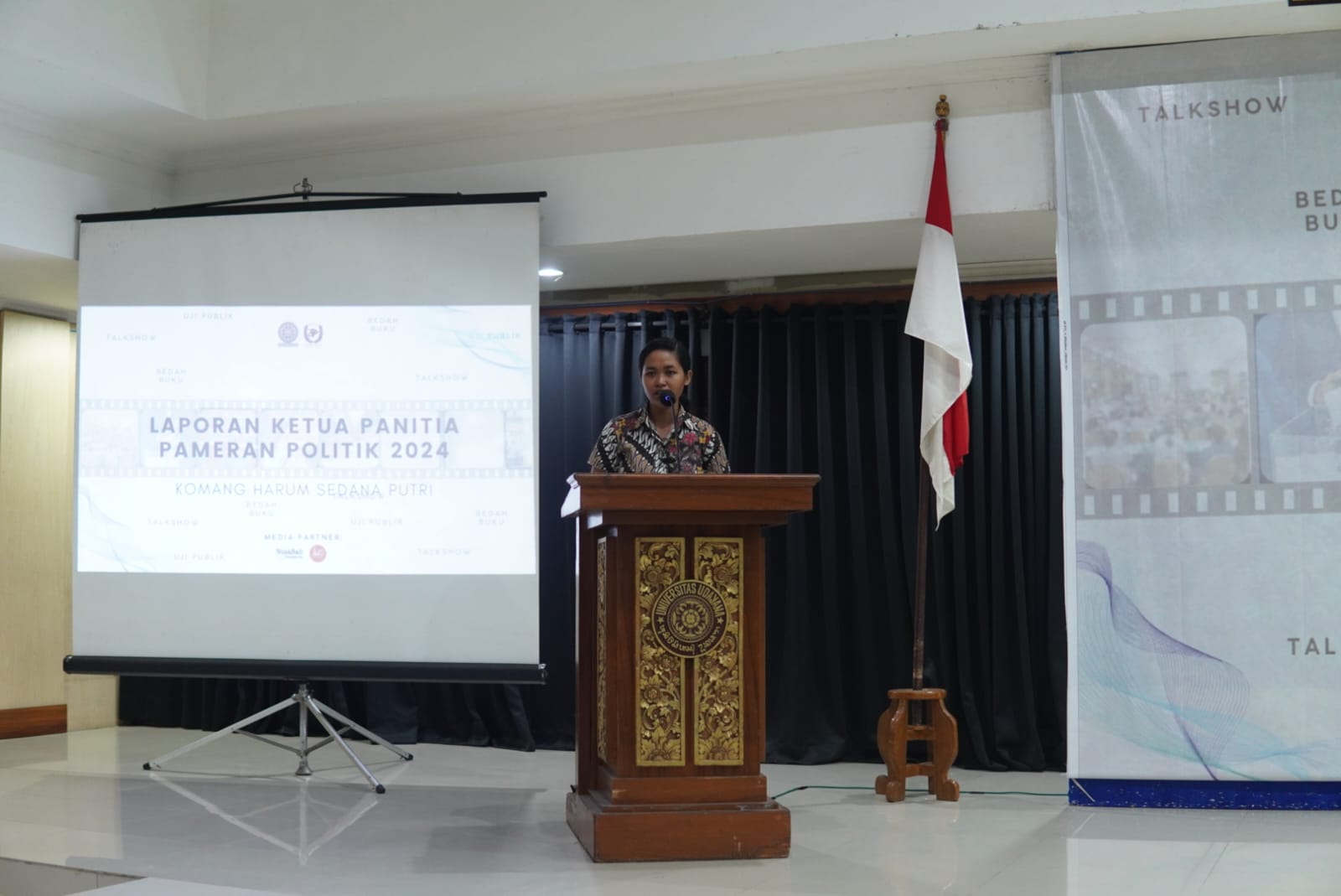
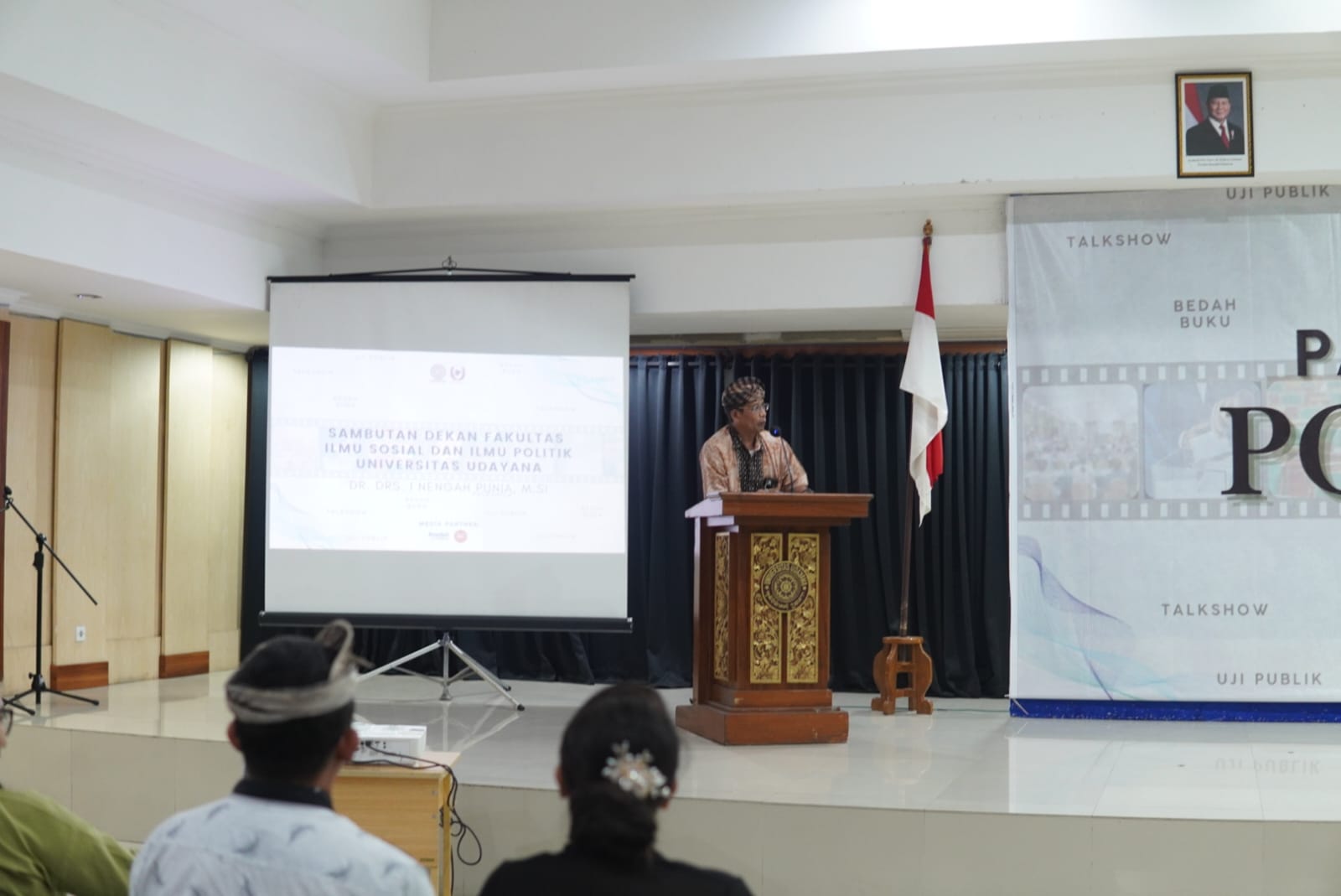
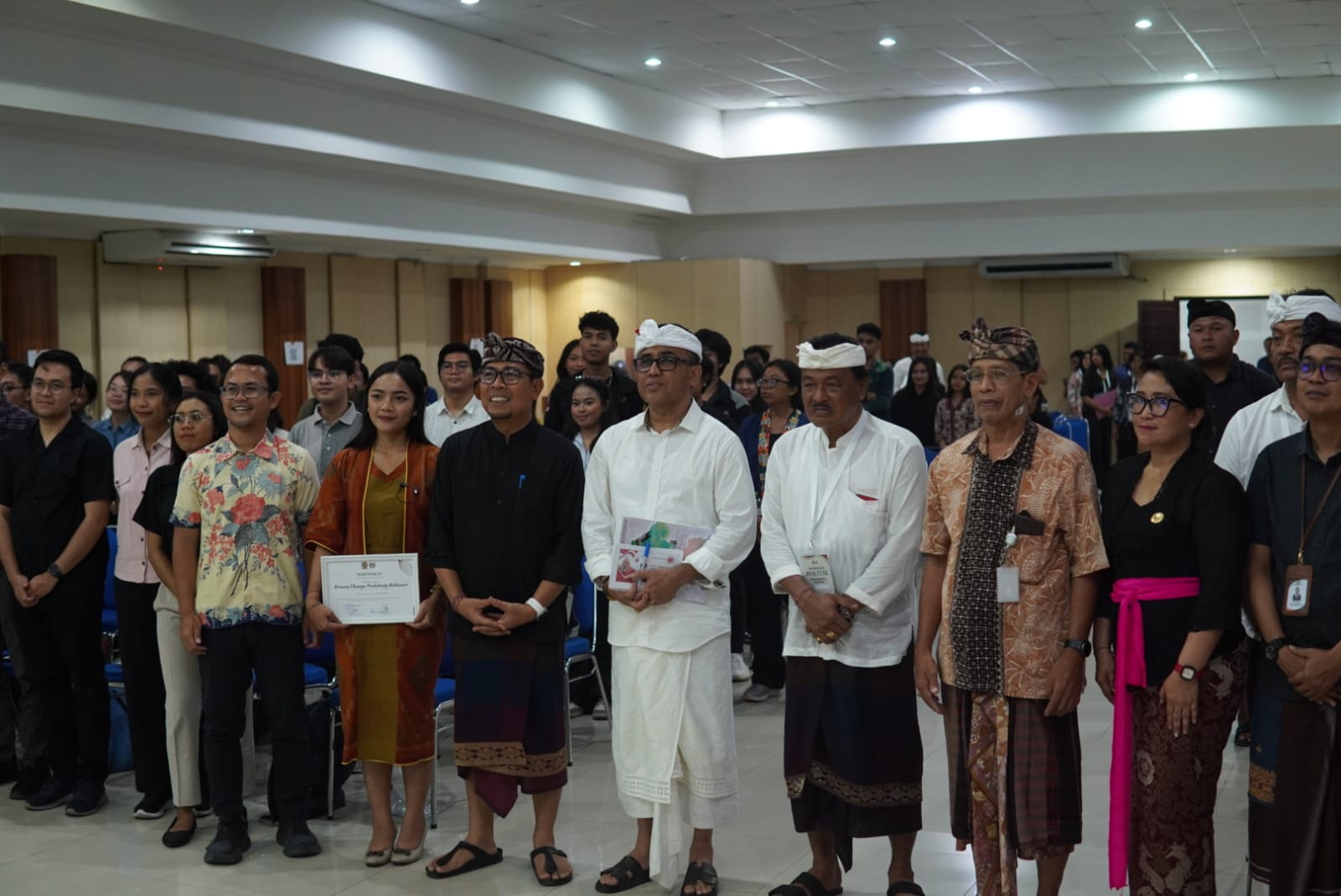
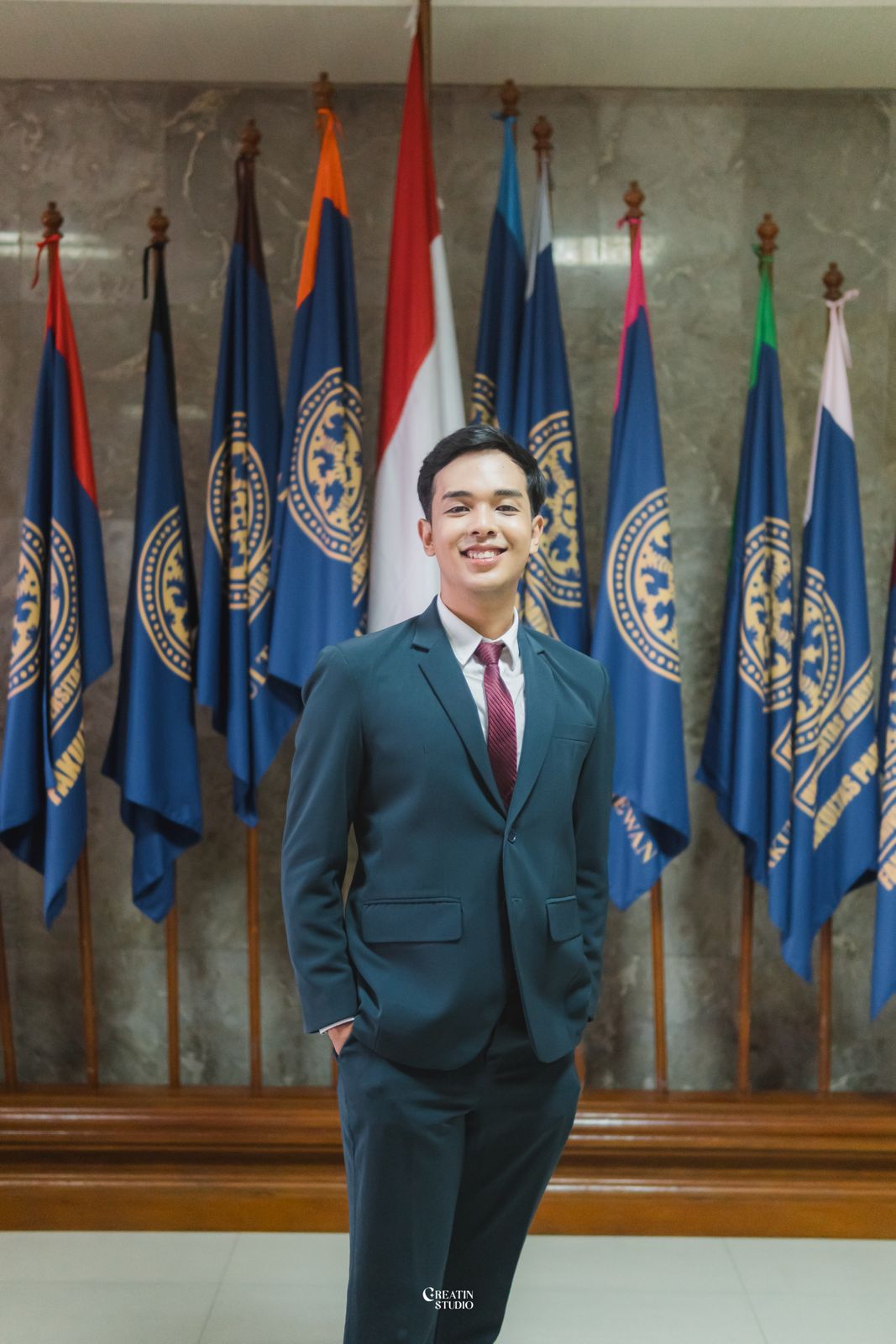
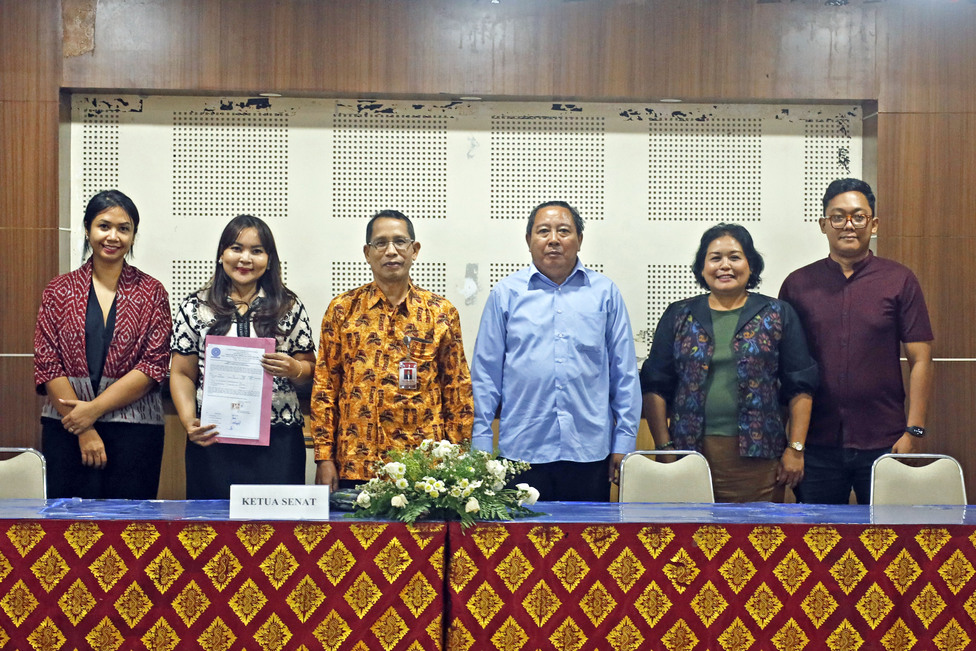
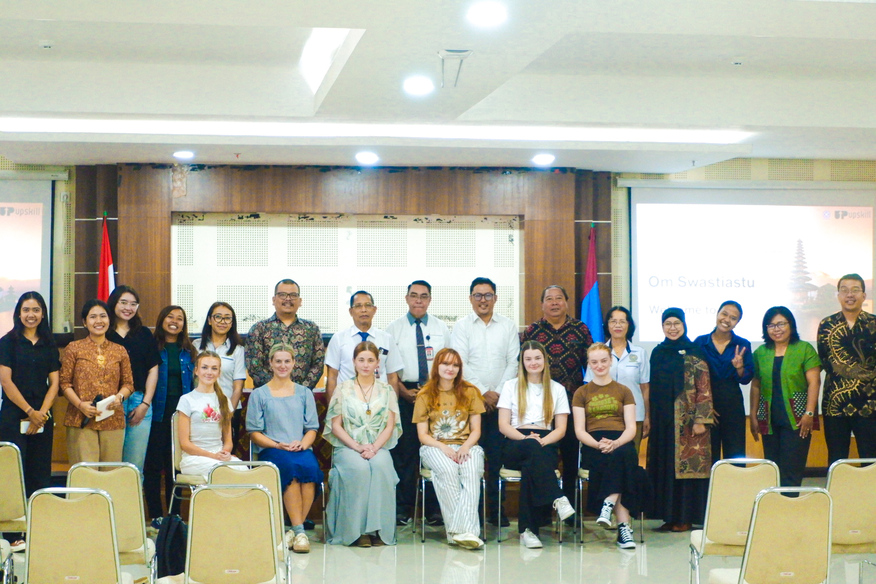
UDAYANA UNIVERSITY